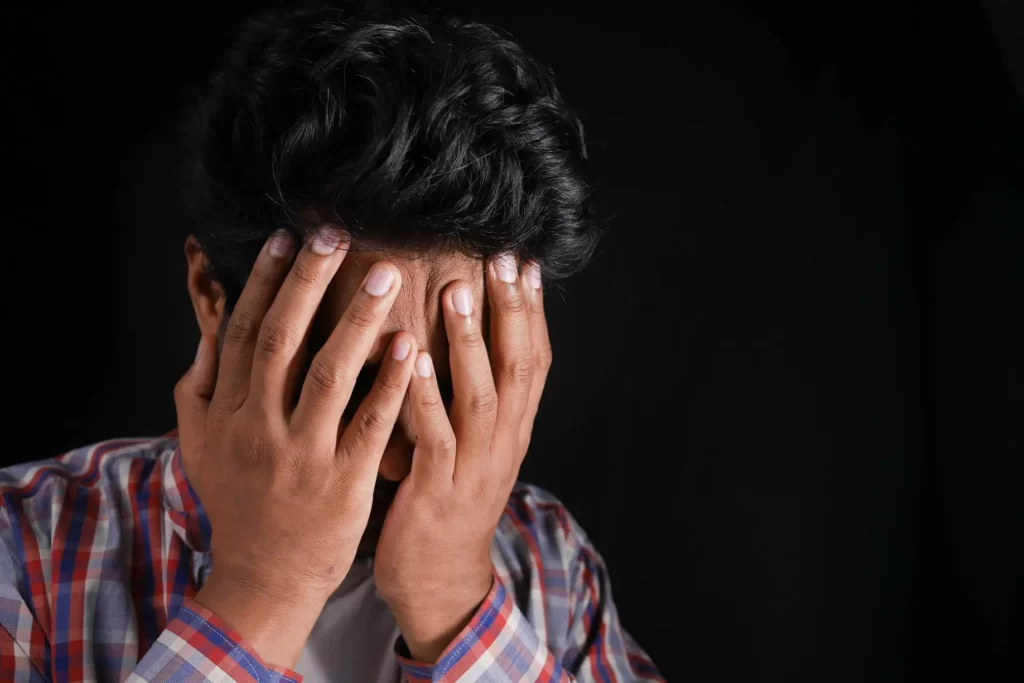Bipolar disorder affects approximately 2.8% of adults in the United States each year. This is according to the National Institute of Mental Health (NIMH). It can occur at any age. However, it often emerges in late childhood or as a young adult. Now, we will take a closer look at bipolar disorder and learn more about the diagnosis, symptoms and treatment approaches.
What is bipolar disorder?
Bipolar disorder (formerly called manic-depressive illness or manic depression) is a chronic mental health condition. It is characterized by alternating episodes of mania (a state of increased energy, mood, and activity, often with impulsivity and reduced need for sleep) or hypomania and depression. These mood swings can significantly impair daily ability to function and relationships if left without treatment.
Types of bipolar disorder
According to the Diagnostic and Statistical Manual of Mental Disorders, Fifth Edition (DSM-5), these are the types of bipolar disorder:
Bipolar I Disorder: Characterized by at least one manic episode lasting at least seven days, often accompanied by depressive episodes.
Bipolar II Disorder: Involves recurrent major depressive episodes alternating with hypomanic episodes, which are less severe than extended periods of mania.
Cyclothymic Disorder: Involves numerous periods of hypomanic symptoms and depressive symptoms lasting for at least two years, with brief periods of normal mood in between.
Other Specified and Unspecified Bipolar and Related Disorders: Includes presentations of bipolar disorder that do not fit the criteria for Bipolar I, Bipolar II, or Cyclothymic Disorder, often involving atypical symptoms or rapid cycling between mood episodes.
Substance/Medication-Induced Bipolar and Related Disorder: Occurs due to substance or medication use, withdrawal, or intoxication, leading to manic or hypomanic episodes.
Bipolar and Related Disorder Due to Another Medical Condition: Mood symptoms are directly attributed to another medical condition, such as thyroid disorders or traumatic brain injury.
Signs and Symptoms
The symptoms of bipolar disorder can vary depending on the type and severity of the episode.
Mania/Hypomania Episode Symptoms
- Elevated mood or irritability
- Increased energy and activity levels
- Racing thoughts or flight of ideas
- Impulsivity and risky behavior
- Decreased need for sleep
- Grandiosity or inflated self-esteem
Depressive Episode Symptoms
- Persistent sadness or hopelessness
- Fatigue or loss of energy
- Difficulty concentrating or making decisions
- Changes in appetite or weight
- Sleep disturbances, such as insomnia or hypersomnia
- Thoughts of death or suicide
Causes
The exact cause of bipolar disorder is not fully understood. However, it is believed to result from a combination of genetic, biological, and environmental factors.
Individuals with a family history of bipolar disorder or other mood disorders may be at a higher risk of developing the condition. Neurobiological factors, such as imbalances in neurotransmitters like serotonin, dopamine, and norepinephrine, may also play a role in the onset and progression of bipolar disorder.
Additionally, stressful life events, trauma, and substance abuse may trigger or exacerbate mood episodes in susceptible individuals.
Treatment and Management
Treatment for bipolar disorder typically involves a combination of medication, therapy, lifestyle changes, and complementary therapies.
Mood stabilizers, such as lithium, anticonvulsants, and atypical antipsychotics, are commonly prescribed to help regulate mood swings and prevent relapse.
Psychotherapy, particularly cognitive-behavioral therapy (CBT) and interpersonal therapy (IPT), can help individuals with bipolar disorder. They help develop coping skills, improve interpersonal relationships, and manage stress.
Additionally, lifestyle modifications, such as maintaining a regular sleep schedule, exercising regularly, avoiding alcohol and drugs, and practicing stress management techniques, can help stabilize mood and reduce the frequency and severity of mood episodes.
Conclusion
Bipolar disorder is a mental illness characterized by extreme mood swings between mania and depression. It is highly treatable with appropriate interventions and support. If you are experiencing symptoms consistent with bipolar disorder, reach out to Resolute Wellness Associates for a comprehensive evaluation or call us at 419-314-4125 to discuss options.


